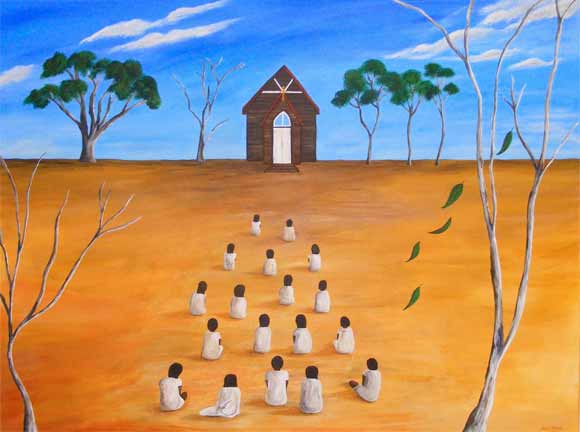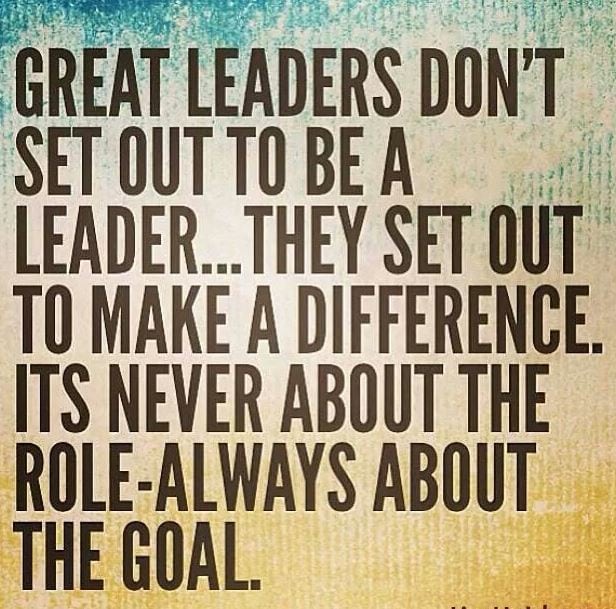
The largest institutional provider of mental health services in Western Australia is the WA prison system
April 20, 2016
The Reformation: Luther to now….
April 20, 2016I have previously written about my journey of faith, this is the next chapter as I attempt to define the purpose of theology.
By defining certain theologies with an adjective — feminist, black, eco, post-colonial, Indigenous, or even Australian or gum leaf we are suggesting that these theologies are special, different theologies. Mainstream theology retains its privileged position as normative. Unmodified theology is accepted as Christian theology, or orthodox theology, or important, normal, basic, real, historic theology.
From the dawn of human history, every people group across the world has been struggling with the great questions of human existence: “Who am I? Why am I here? What am I doing?
The great underlying supposition of theology is that it is only the God who created mankind that can reveal what mankind’s purpose is, and show how we may obtain meaning and purpose.
Therefore, theology is not just an interest that we can add to our list of favourite hobbies and diversions. It pertains to the whole of our lives, and must shape and inform our thoughts and activities in every sphere of our existence.
Sometimes you read something so radically different to anything you have encountered before that it gives you a wake-up call and challenges everything you have previously understood. The writings of Willie Jennings have done that for me.
It has also pushed me to consider postcolonial theology (there I have given it an adjective). I would emphasize, however, that many Indigenous scholars and theologians challenge (or, would challenge) the concept of ‘postcolonialism’, arguing that we in fact remain in colonial framework or construct. I am tending to agree with that; at least until there is some form of settlement, or treaty with the first nations peoples of Australia, possibly as proposed in the Uluru Statement of 2018.
Postcolonial theology is an academic discipline within Christian thought whereby structures of power, dominant systems, and embedded ideologies are examined, critiqued, and negotiated in order to make social transformations that recognize and validate the perspectives of colonized peoples, cultures, and identities. Secular studies in postcolonial theory have played a significant role in giving rise to this area of theological reflection.
Postcolonial theology recognizes differences and allows for a multiplicity of responses, hoping to achieve a reciprocal exchange of perspectives from all voices. Postcolonial theology has expanded, seeking emancipation and authenticity for all marginalized or oppressed identities, including issues of nationality, culture, race, gender, and sexuality. Pragmatically based theologizing occurs within one’s context in order to inspire awareness, critical dialogue, and integration of ideas.
While I continue my own thinking in this area I became aware that this was taking apart the foundations of colonialism.
If standard Christian theology has indeed been colonial, then it may:
- explain — historically or theologically — why the colonizers deserve to be in power — sustained in the position of hegemony
- similarly explain why the colonized deserve to be dominated, civilized and maintained in subservient position
- provide ethical justification for the phases and functions of colonization — from exploration to settlements to land acquisition to minority marginalization to segregation to the political, economic, and military dominance or control of one people over another
- provide ethical justification for extermination and genocide of first peoples
- bolster the sense of entitlement and motivation among the colonizers
- lay the foundation for white privilege and the “White Australia Policy”
- embed the sense of submission and docility among the colonized
- facilitate alliances with political and economic systems that were supportive of or inherent to colonialism, and
- seek to hide its ugly aspects and pre-empt attempts to expose them.
If standard Christian theology were determined to be essentially colonial by these and other standards, a natural question would arise: Must the Christianity of the future forever maintain this colonial bias? Is an imperial or dominating mindset inherent to Christian faith, for better or worse — or can there be a new and different kind of Christianity?
In answering that question, other questions would arise. Is a colonial mindset resonant with or in conflict with the life and teaching of Jesus? Is it resonant with or in conflict with the narratives of the Hebrew Scriptures? Is it resonant with or in conflict with the life and teachings of the apostles and early church? These are exactly the kinds of questions raised by a post-colonial theology.
Could it be that in addressing the questions raised by scholars like Willie Jennings we rediscover — or create, an authentic Christian faith, rooted in God, Jesus and the Holy Spirit, informed by the Scriptures, instructed by Christian tradition and history — and purged of long-standing and deeply embedded patterns of injustice and white privilege?
Artwork: Hope Beyond the Window by Jacqui Stewart. The painting represents children from a Stolen Generation. The church symbolises religion and the window represents ‘hope’ looking through to the sky. The children are portraying despair but also at the same time hopefulness and belief for a better future. The old tree beside the church symbolises an Aboriginal Elder who is protecting and watching the children while the leaves illustrate “free spirits” flying through the wind. The painting was influenced by photographs of the Moore River Native Settlement in WA and the movie Rabbit Proof Fence.




